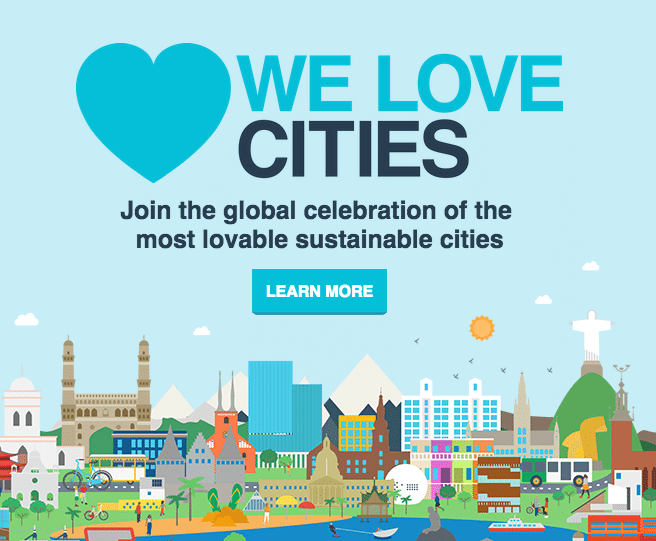Every March, WWF encourages people to turn their lights off for an hour to raise awareness about climate change and get people thinking about their energy consumption. Started in 2007 in Sydney, Australia, the first Earth Hour involved 2.2 million Sydneysiders and 2,100 businesses. Just one year later, more than 35 countries were taking part in a global Earth Hour.
WWF has taken the concept a step further by creating the Earth Hour City Challenge, an effort to address the 70 per cent of global CO2 emissions that are created by cities. Designed to promote renewable energy and climate preparedness, the challenge profiles and rewards municipalities competing in a climate action ‘race to the top’. The first international pilot in 2012 included 66 cities from Canada, India, Italy, Norway, Sweden and the USA all competing for the title of ‘Earth Hour Capital’ by reporting climate commitments, actions and ongoing plans for reducing their carbon footprint. The coastal city of Vancouver (Canada) was selected the winner by an international jury of experts for its model sustainability programs.
The power of the competition is in the public recognition it generates for the cities involved. This year’s Global Earth Hour Capital is Cape Town, South Africa for its work to scale up renewable energy developments and launch a citywide retrofit program for buildings. Cape Town’s Energy and Climate Change Strategy, which was first adopted in 2006, aims to cut down energy waste and pollution from inefficient fossil fuels with an emphasis on reducing poverty for their citizens. This includes the installation of 300,000 solar hot water heaters and a 20-year purchase plan for wind power.
The Earth Hour City Challenge also features a people’s choice campaign, We Love Cities, built around social media platforms. People can use Instagram, Twitter and Facebook to vote for their favourite sustainable cities (Khunhan, Thailand and Medellin, Colombia were the 2014 winners), while suggestions for improving a city’s sustainability performance are crowdsourced online.
The 2015 City Challenge finalists will be announced at the beginning of next year.


